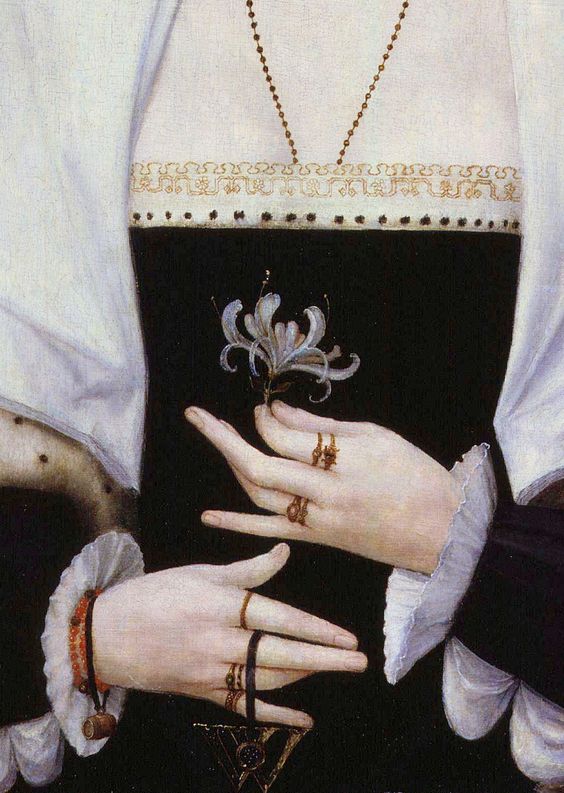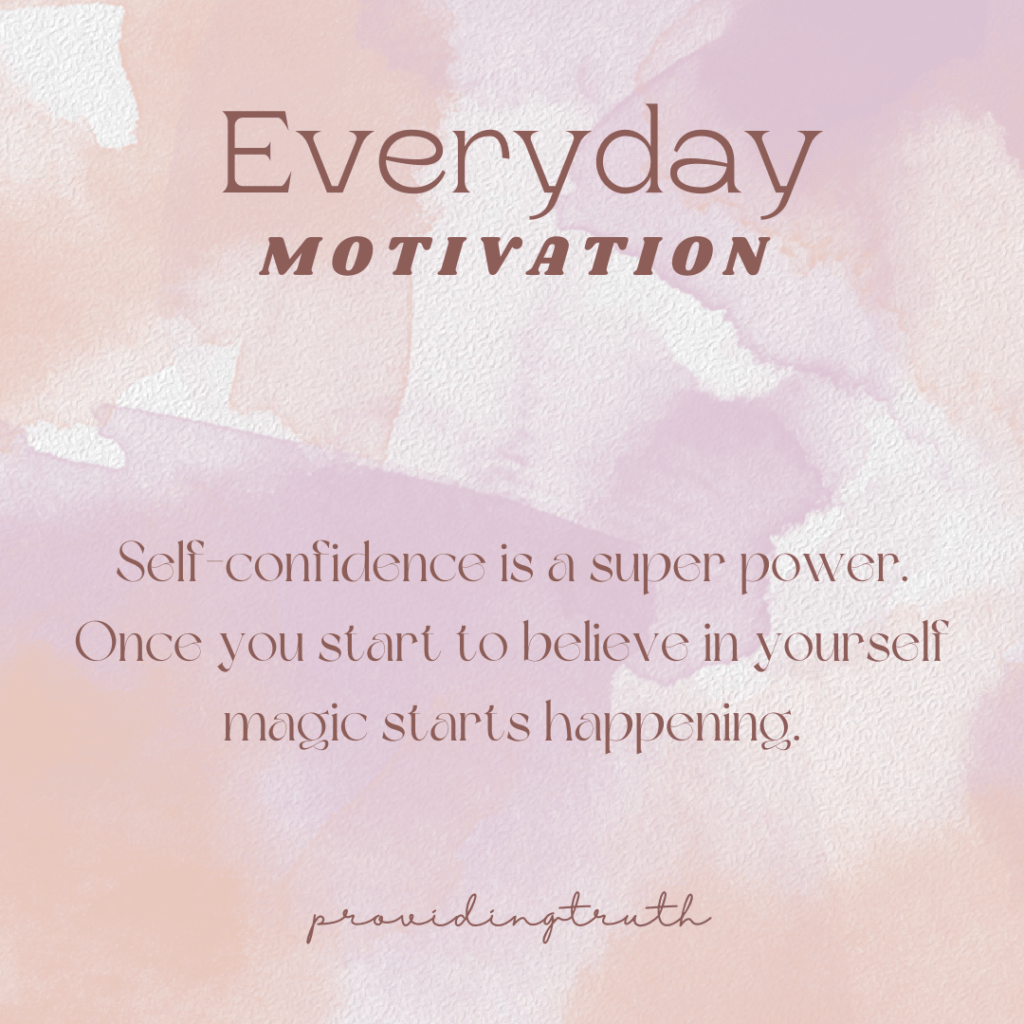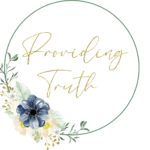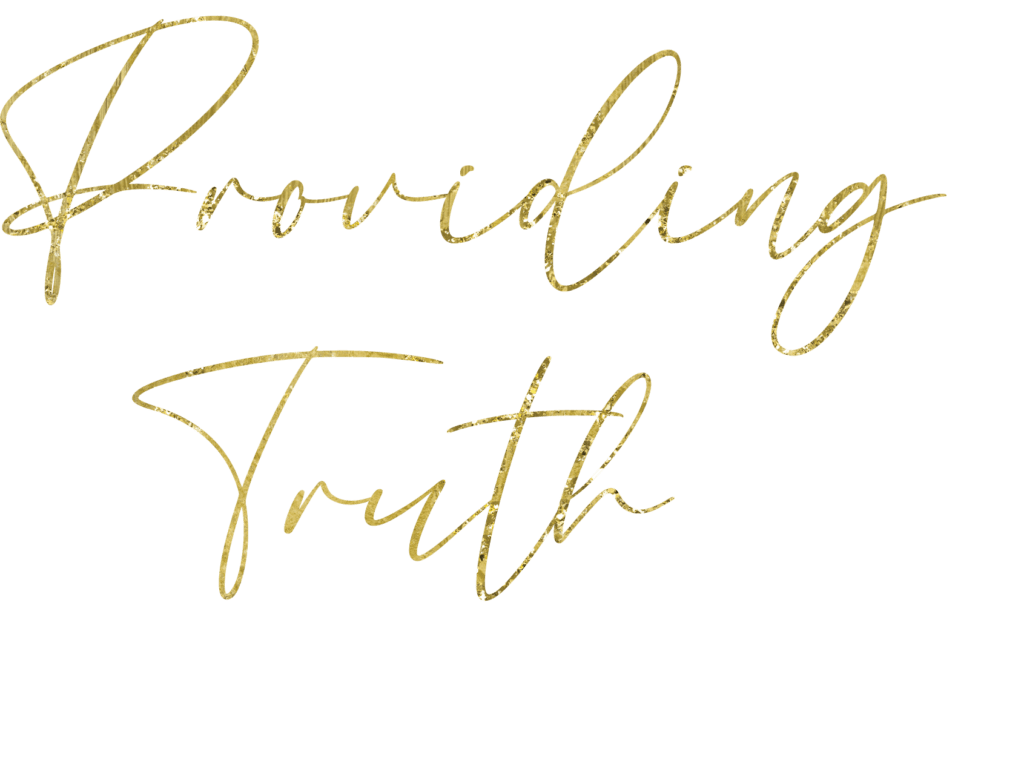
In life, we are advised to trust the timing and process of our lives and others, but we’re never really taught to trust ourselves, which ties these together with other essential components. Where are we told to understand how to trust ourselves and what it takes? What if we don’t even realize if we trust ourselves? Where can we begin if we have broken our trust and how does that affect areas of our life?
We can start with the common signs of mistrusting our intuition by looking at our relationship with others and ourselves, mentally. What goes on inside of our heads when we want to decide? Are we hesitant? Are we relying on other people to give us the answers? That’s the first sign.
Several common themes include not speaking up for ourselves, overthinking even the simplest of tasks, and being overly critical. How many times have we second-guessed our decision rather than just trusting that the decision we made is all within good intent if it’s coming from ourselves? We don’t trust ourselves usually because of past events, or habits we kept on breaking (I still do this, but less harsh on how I react towards myself for it). We might even have damaged promises to ourselves. In my humble opinion, sometimes we don’t seem to trust others because we don’t trust ourselves enough.
If we don’t trust ourselves then, who can we trust?

If we don’t find the trust within ourselves, we will have heavy burdens of guilt, resentment, and suspiciousness of other words and actions towards us, but there is little to fear because every fall there is a build that comes with it, if we choose to. How beautiful is that? What’s even more important to realize is that we go through cycles in life that maybe we haven’t felt the truest of ourselves and made the “right” decision, but every decision leads us to another fate that we choose to take and we can begin again. If we did not make those mistakes, we would have never learned and become who we are today!
We need nothing but ourselves and a bit of determination to build that safe house of trust within, we just need these tools and techniques. Here are the tools I use that rebuild my trust.
- Having a weekly or yearly planner – Currently, this is what I used to keep myself on track and make sure I am hitting all the marks without having to think about it, it takes about 20 minutes of your day every Sunday or start of the week to organize a schedule. We can thank ourselves later when we realize how much we can do just by looking at a page and telling ourselves we can do this. For me, psychologically, when I write it down it is a staple in my mind that triggers its determination, and wanting to get it done, those endorphins kick in.
- Not expecting to be everything all at once – when we expect too much from ourselves, it sets us up to get something done and if we expect to do it and we don’t, we will grow resentment and shame for ourselves, we have to recognize the human in us, some days we don’t feel mentally healthy to do everything and that’s okay, do as much as you can for that day even if it’s 10 minutes of something, we can just say, “Okay, 10 minutes of my time to just do this one thing will make me feel better than if you didn’t do it at all”.
- Core values – consider what our core values are and how we can use them as a tool to take direction if we are unsure. If you never practiced with core values, I suggest looking at this link: https://examples.yourdictionary.com/examples-of-core-values.html it will point you in the right direction to rebuild trust.
- Healthy inner voice – when we don’t do something, how does our voice sound inside of our heads, is it rude, mean, or critical? If so, we must change the tone, sometimes that voice is masked with the voices that were critical to us in childhood or people o the present, we must notice how we talk to ourselves. We wouldn’t be so critical of a child, friend, or loved one, o why do we deserve that treatment? We must be nice to ourselves and grow a garden in our minds, not hell.
- Traveling – this one seems weird but for me, I realized my trust grew when I put myself in an uncomfortable situation, that I had to get comfortable in. what better way to do that is going somewhere we don’t know and having to leap trust within ourselves to guide us? Imagine being in another country and not understanding where to go or how to speak, there’s no way we could punish ourselves for not knowing, we must learn to adapt and seek safety and trust within.
- Becoming more open and understanding to others – when we learn how to understand others from their point of view, even if we don’t agree, that’s a huge step to emotional maturity and trust that not everyone is out to get us and they simply do things because they think it’s the best even if it hurts us in and broke our trust. I’m a strong advocate for being understanding and wanting to understand as it unlocks amazing amounts of doors in our lives mentally and emotionally.
- Rediscovering who we are – when we look at our past identities what do we feel? Do we feel safe and trusted? Was there a time when we trusted everyone and ourselves? The innocence and power that holds is validation that it can happen again if we choose to let it.
- Last but not least, understanding the body – knowing how our body feels within every situation is a tremendous indicator that we are tuning in, and trusting our intuition. The body knows more than the mind. When we are talking to someone, does our body reject any contract or does it open with ease? This can take practice with time but once we have felt it and experienced it once, we can use this as a technique to take a better sense of direction.
Rebuilding trust within ourselves is like rekindling a relationship anew, it takes a bit of time and effort, but we can learn to forgive and start all over again, becoming even more empowered.
“If you trust, you will be disappointed occasionally, but if you mistrust, you will be miserable all the time.”
I hope this helps, let me know if you investigated any of these.
Neena
xx


Exactly.